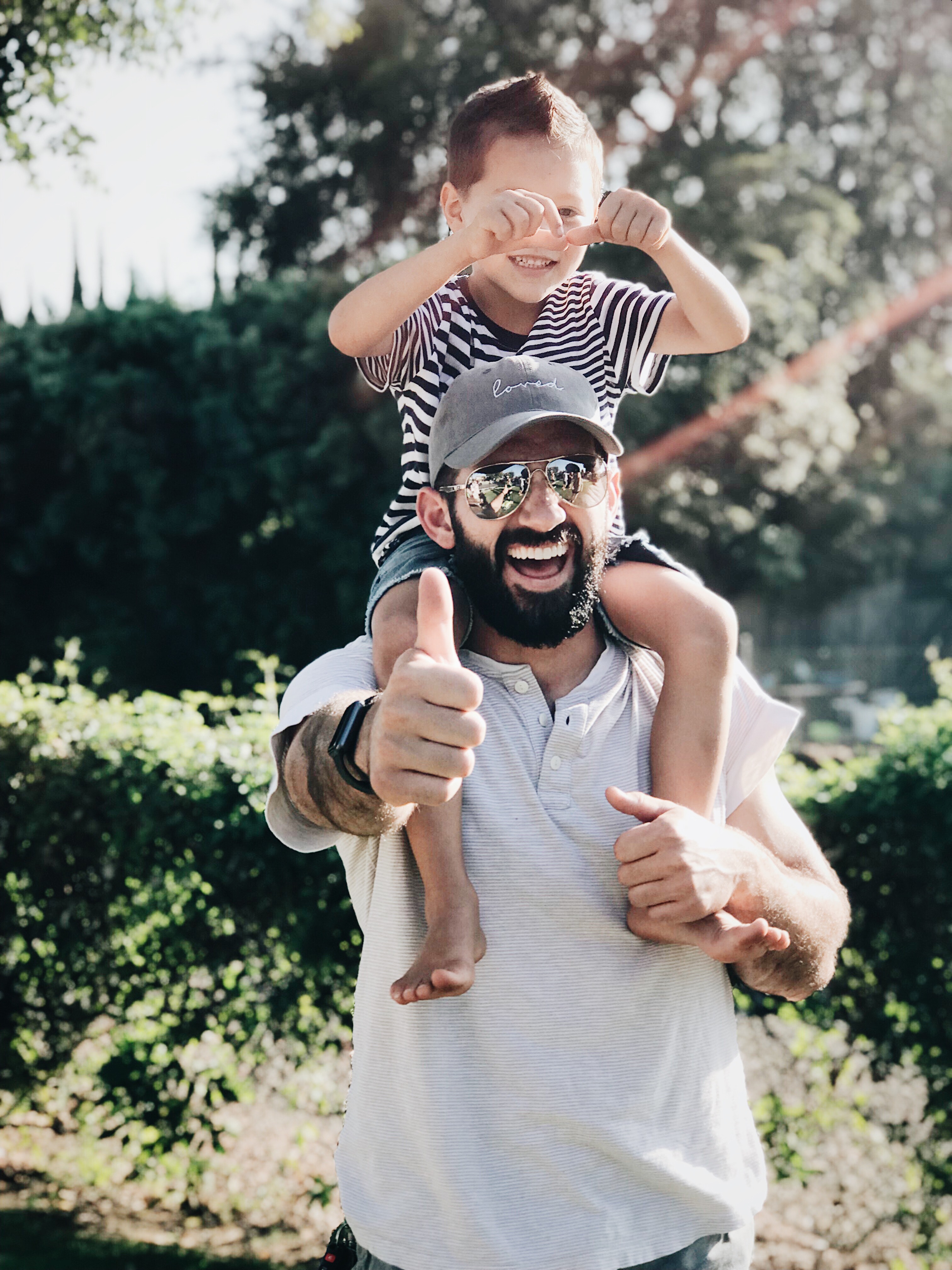Dear Family and Friends of people with FPIES (and really, food allergies in general),
There are a lot of things that we wish you knew, and some things we want to ask for but aren’t quite sure how.
First of all, if you are here reading this, then you already deserve a thank you. Thank you for being the kind of person who is open and willing to learn, willing to help, and willing to stick by us in the middle of some hard, dark days. That’s not an easy thing to do, and there have been many others that were unable or unwilling to make the kind of sacrifice and commitment that you choose to make for us, and for our kids. Thank you.
For those who don’t know, FPIES stands for Food Protein Induced Enterocolitis Syndrome. It’s a form of food allergies that affect the gastrointestinal tract, where the body’s immune system goes haywire and starts attacking food like a virus. It causes a range of symptoms, from vomiting, diarrhea, and shock on the extreme end, to days or even weeks of endless diarrhea, blistering sores and rashes, and intense GI pain.
The only way to know if a food is going to cause an FPIES reaction is to try it. Once a food causes an intense reaction like this, that food must be avoided completely for 18 months (or sometimes more) to give the body time to forget that food as a trigger. Each repeated exposure to that food can cause a reaction that is more violent than the last, which is why we are asking for your help.
It only takes a bite, one morsel of food picked up by little hands, or one taste of food with hidden ingredients, to cause a reaction that will last for days or weeks. As parents, or even as adults with allergies ourselves, we spend most waking hours (and some sleeping hours) with our brains on overdrive – staying vigilant, reading every food label, and overthinking every possible scenario that could have contributed to the latest reaction – it’s exhausting. Sometimes, we need help.
When we say that a bite of a food could cause a really bad reaction, know that we really, really mean it. We aren’t trying to deprive you of the ability to feed your grandchildren, we aren’t trying to be dramatic, or control freaks, and we understand that making claims like “my kid can’t eat anything, please don’t feed them or I’ll freak out” really makes most people want to do the opposite to prove a point or to take us down a peg. We get it, before we had food allergy kids, we felt that way too.
But honestly, truly, we are trying our very best to keep these kids safe. We don’t have the mental energy to hold a puking, screaming child all night long and lose hours of sleep, we don’t have the money for another ER copay, and we don’t have 18 months to burn before we can retrial the corn with butter that someone wanted to let them try over Thanksgiving dinner.
Please, please, work with us. Even if you think we are crazy. We probably feel crazy trying to explain a food allergy that is hard to pronounce, no one has ever heard of, and has a delayed reaction that most people don’t see.
But, just because most people don’t see the reactions doesn’t mean they aren’t happening. If you have serious doubts and want to see one for yourself, let us know. We need all the help we can get once the vomiting starts, and most of us would love an extra set of hands and eyes. Once you see a reaction happening, I promise you won’t forget it. You will take it seriously, because it’s one of the scariest things you will ever see.
We’ve seen our kids start throwing up over and over, so fast and furiously that there’s nothing left but bile and still they can’t stop puking. We’ve watched them turn limp and gray and pass out with their eyes rolling back into their heads. We’ve carried them almost lifeless into the ER, only to be dismissed as helicopter parents with a kid who just had a stomach bug. We’ve battled diarrhea that makes you throw whole outfits away, that causes burns and blisters on every piece of skin it touches, that smells so foul it really can’t even be described. We’ve held the child that screams inconsolably, who loses words and coordination, has severe leg pain or anxiety or rage – all while reacting to food.
Once you’ve seen this, felt this, for yourself or for your child, you will do anything to avoid being back in the same situation.
We need your help because we can’t be everywhere at once, because this life is hard, and because we trust that you care.
We want you to know that social gatherings are harder than just about anything else, and there are times when the mental and physical energy we have to spend to get there and to stay safe from food triggers isn’t worth it. It usually means packing all of our food, preparing it in advance, then watching as the kids eat, staying a step ahead of every move our child and all of the other kids are making. We turn into helicopter parents out of necessity. One dropped cheerio, one sip from the wrong cup, one paci put into the wrong mouth is all it takes.
You can help us prevent reactions- if you see someone start to feed our child, or if you see them get any food that you aren’t sure about, please take it away from them. If it’s possible, have all of the kids sit in one area to eat and wash their hands afterward.
You can help us feel included – just asking how we are doing or taking an interest can help us not feel so alone. Asking what snacks you can serve that we can eat or what items to avoid is going above and beyond and we don’t usually come across kindness like that.
Above all else, be patient with us. There’s a lot of fear, anxiety, and uncertainty when you are walking a road like this. Most people don’t understand and don’t want to.
When we have people like you in our lives, it’s such a relief.
We may do things like give you information overload when you ask about FPIES, or we may try to downplay it because it’s hard to talk about.
Either way, keep asking. Keep showing up. Keep asking about non-food party favors and what our most recent list of triggers is.
That shows us you care, and we promise you, we will not forget it.
Sincerely,
FPIES Parents and Patients

